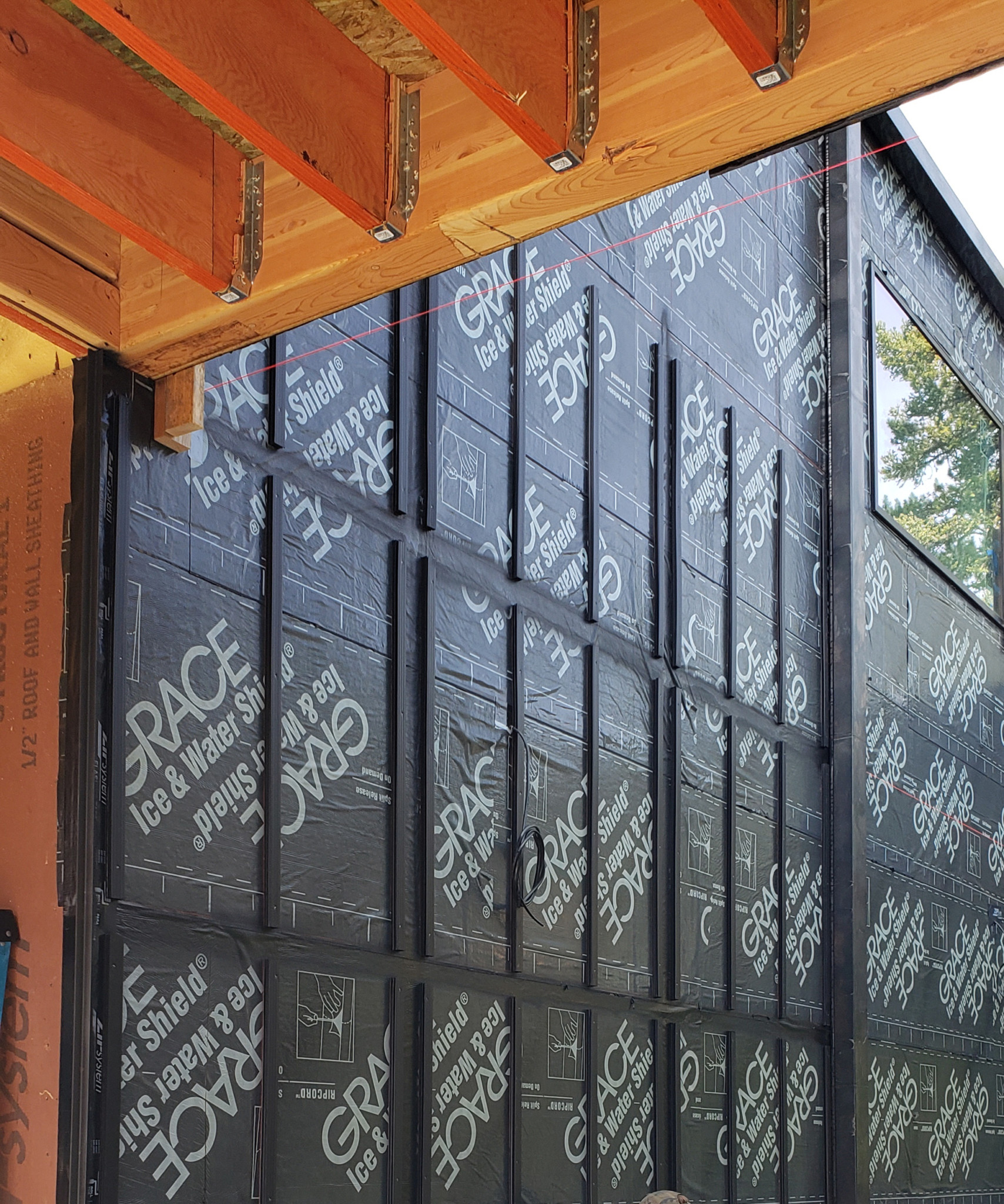
Metal Rain Screen System Brandner Design
With decades of work in the construction, architectural, and design industries, CENTRIA is an authority when it comes to innovative and effective building products. CENTRIA's comprehensive line of concealed fastener rainscreens elevates single-skin metal panels to new levels of cost-efficient aesthetics, innovation and performance.

Rainscreen Systems IMETCO
80% open, 20% cladding system. A rain screen is an exterior cladding system where an air gap exists between the water-resistant barrier and the back of the exterior cladding system. To code, this gap must be 10 mm, or 3/8 inch, from the water-resistant barrier on the building and the exterior cladding system. This must maintain a ratio of being.
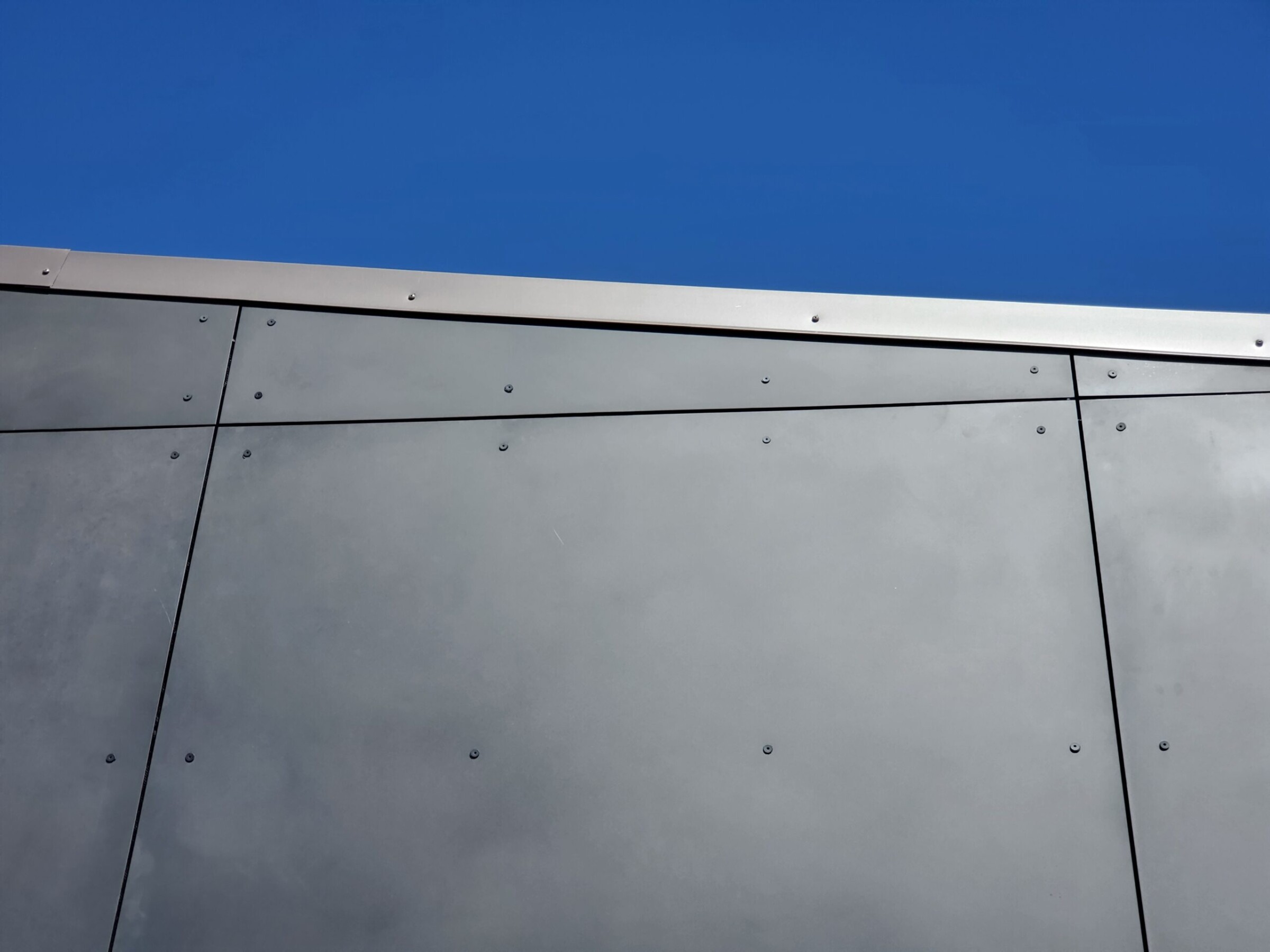
Metal Rain Screen System Architectural Systems Brandner Design
The rain-screen system has four components: an exterior cladding, an air space, a drainage plane, and weep holes. 1. Cladding. In a rain-screen wall, the exterior finish material — whether wood, brick, vinyl, or stucco - is mainly aesthetic. In addition, the cladding must sheds most of the water that strikes the side of the building and.
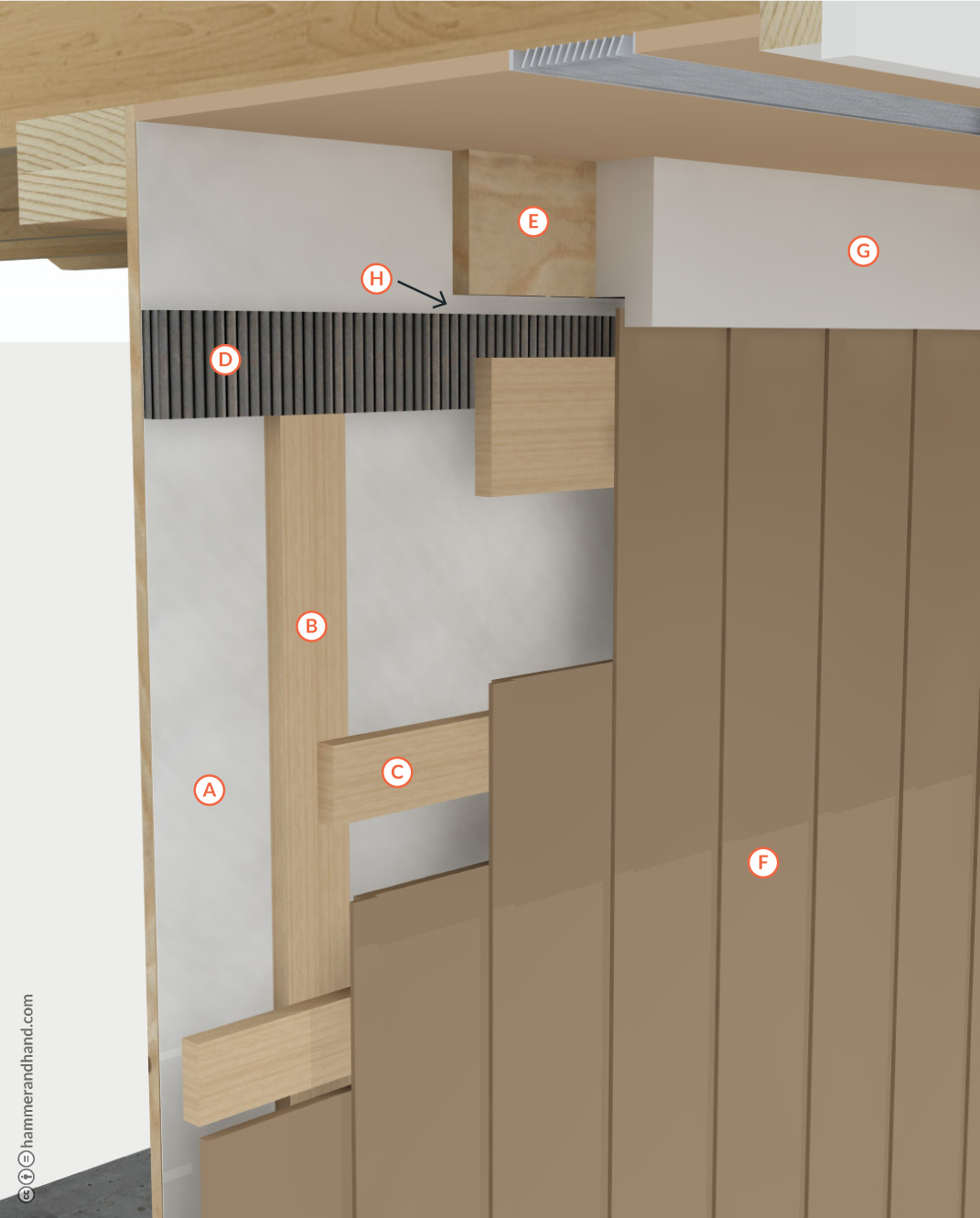
Horizontal Rain Screen Battens Best Practices Manual Hammer & Hand
A rainscreen enables water to drain away from the structure. Because many siding materials—including wood, fiber cement, stucco, masonry, and concrete—can absorb water, they are considered reservoir claddings, which means they benefit from being able to dry on the back side, as do the sheathing and the rest of the wall assembly.

Rainscreen Systems IMETCO
Rainscreen systems, like most of today's wall assemblies, have become more complex as designers strive for greater energy efficiency and building sustainability. This article will provide an overview of the two types of rainscreen wall systems and typical design characteristics, and offers some direction on how to design highly effective and sustainable rainscreens.
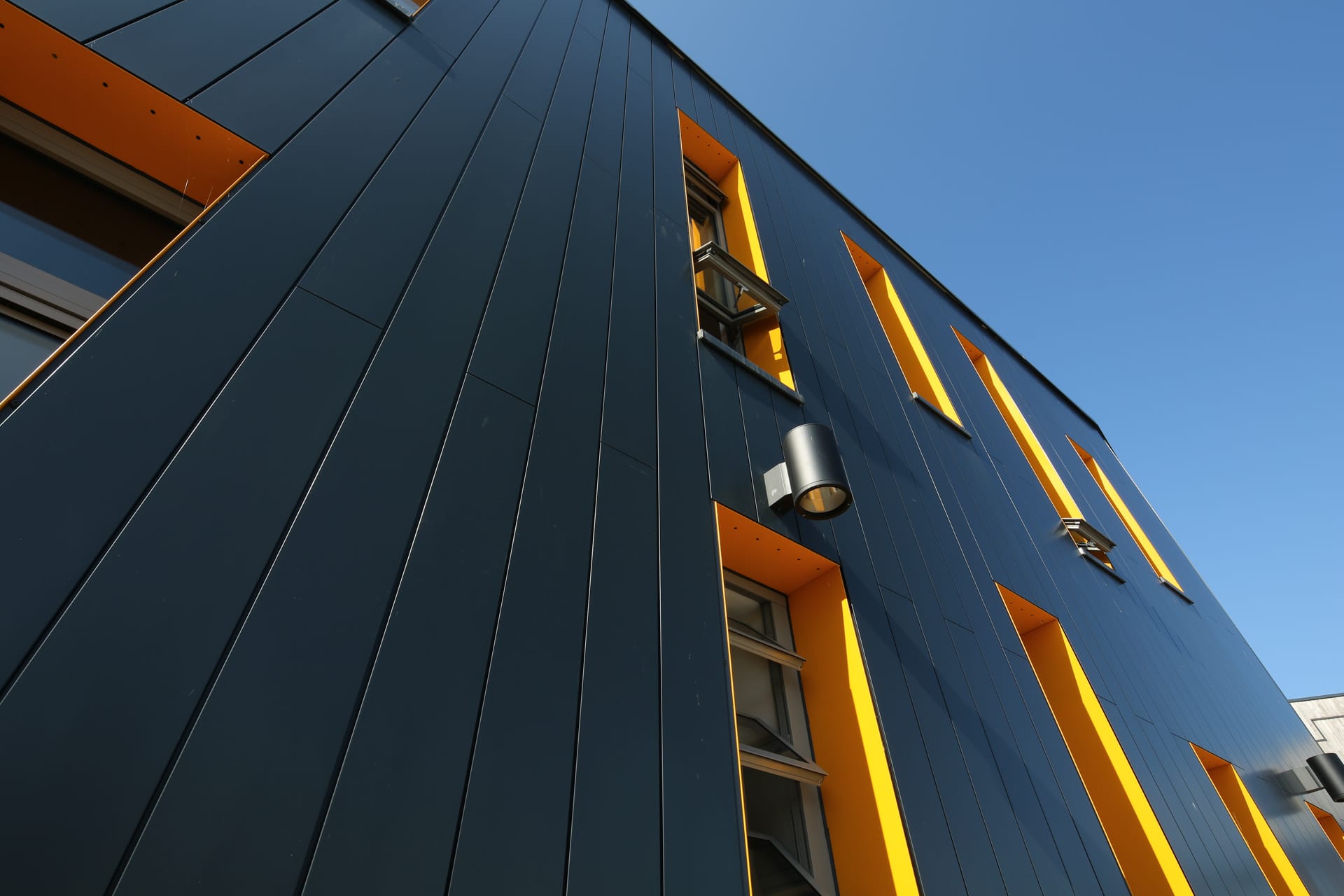
Rainscreen Cladding Optima Rainscreen Systems Sotech
¡Precios increíbles y alta calidad aquí en Temu. Envío gratuito en todos los pedidos. No deslizar. Enormes descuentos en nuestros productos aquí - ¡hasta un 90% de descuento!
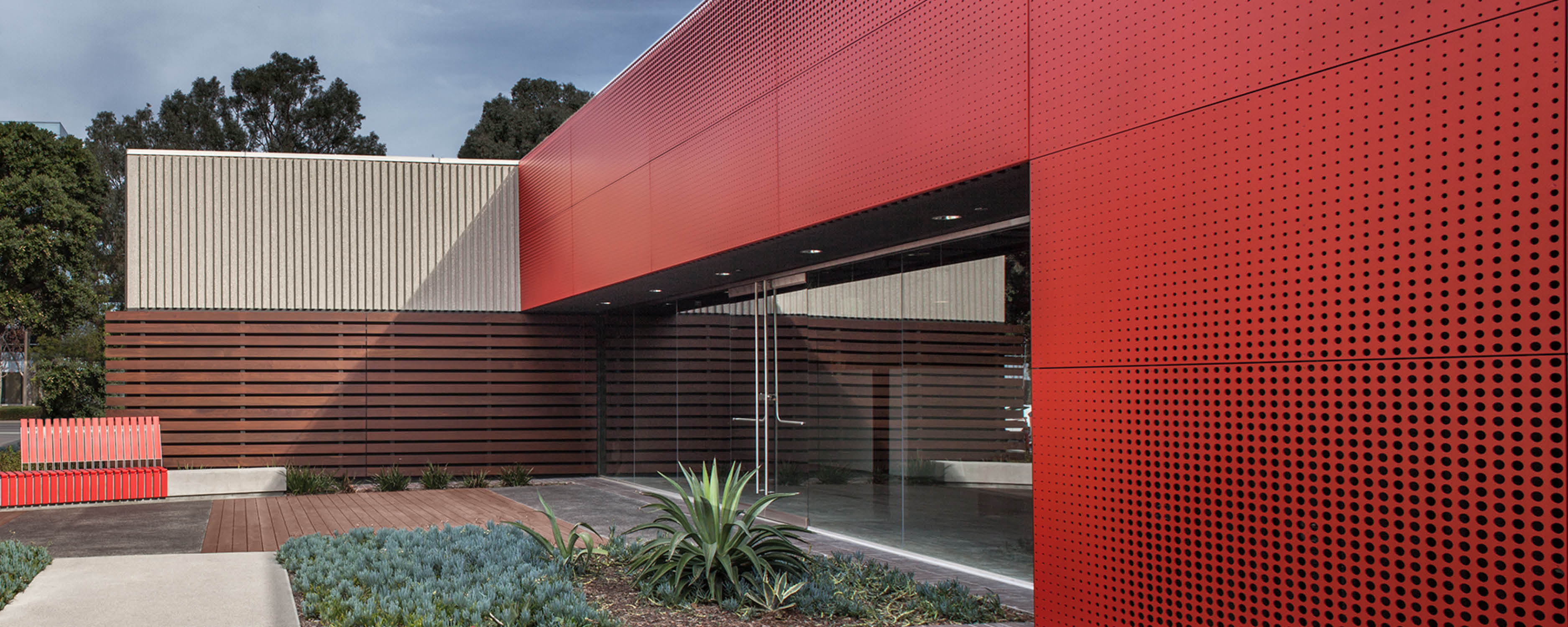
Architectural Rainscreen Panels & Facade Systems
A rainscreen cladding system is a protective barrier installed on the outer wall's weather-resistant panel, creating an air space directly behind the cladding that helps to keep the building's weatherproofing system in optimal condition. The primary function of rainscreen cladding systems is to minimize the amount of water that can.

TerraClad™ Ceramic Rain Screen System from Boston Valley Terra Cotta
A rainscreen is an exterior cladding infrastructure that sits away from a building's exterior wall's water-resistant barrier, creating an air cavity directly behind the cladding which is vented at both the top and bottom of the wall so it may help to protect the buildings important envelope. This allows any moisture that may pass by the.
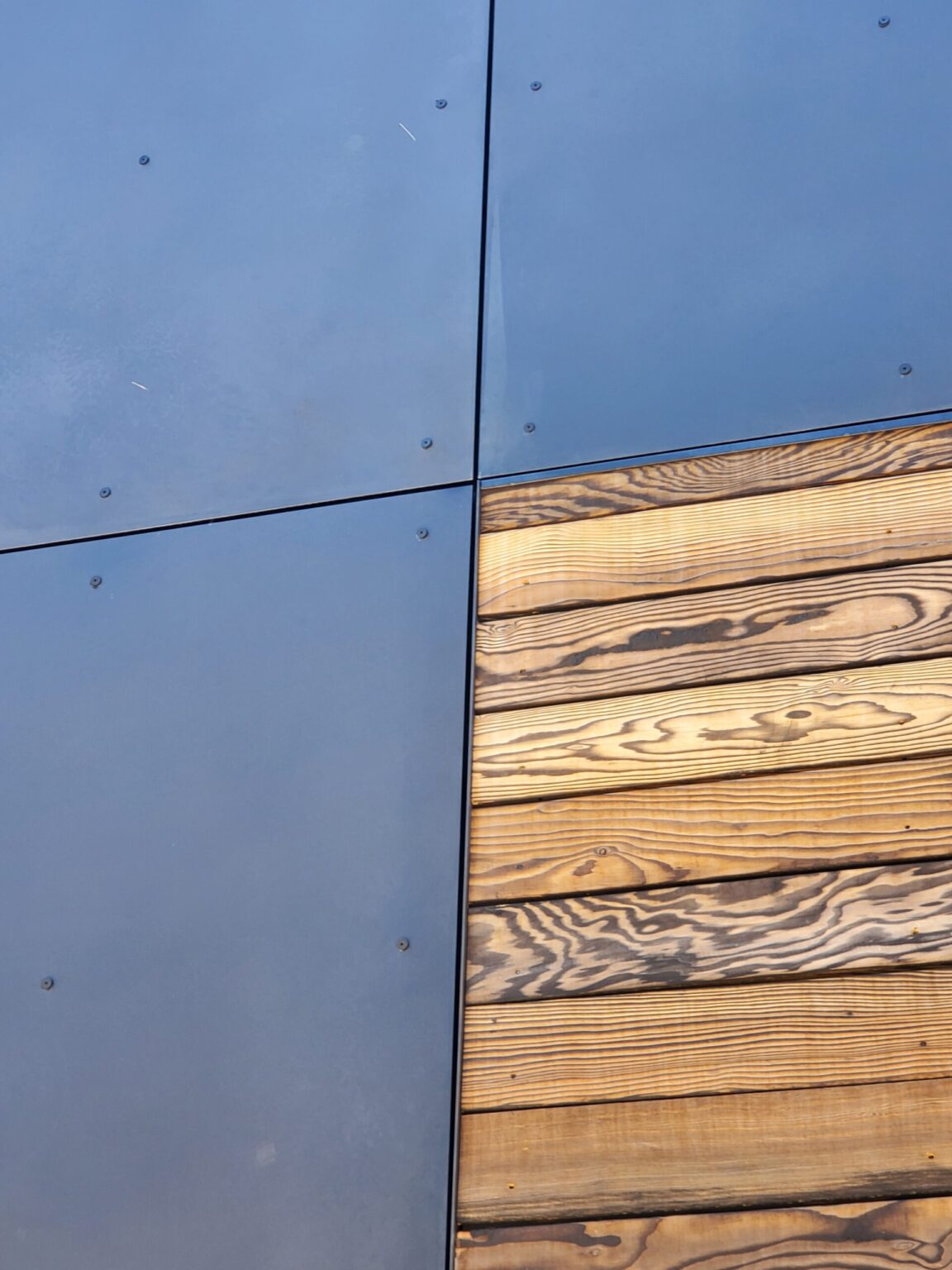
Metal Rain Screen System Architectural Systems Brandner Design
A Sustainable Rainscreen System Involves Real Drainage! Real waterproofing involves real drainage. Over the last 20-30 years we have experienced a myriad of moisture-related problems in rainscreen systems. The increased use of rainscreen technology by designers has seen more than its share. There are many reasons for moisture problems in.
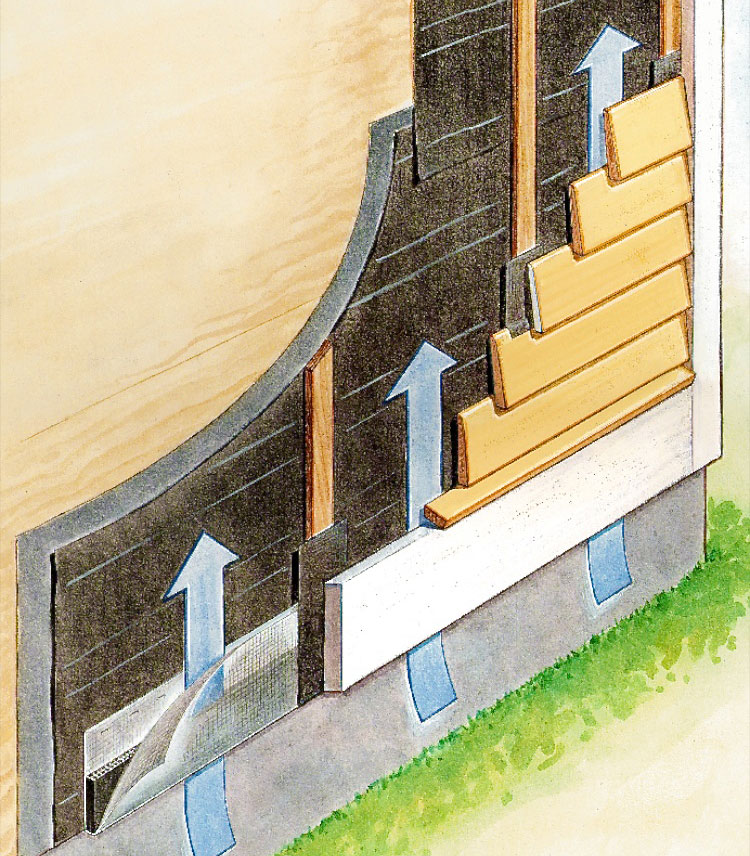
Rainscreen System in Vancouver by Siding in Vancouver
StoVentec for masonry veneer facades is a drained and back-ventilated, fully engineered Rainscreen wall system featuring a thin brick facade. This complete system incorporates continuous insulation, sub-construction and a continuous air and moisture barrier. Sto combines the globally proven performance of the StoVentec Rainscreen system with.
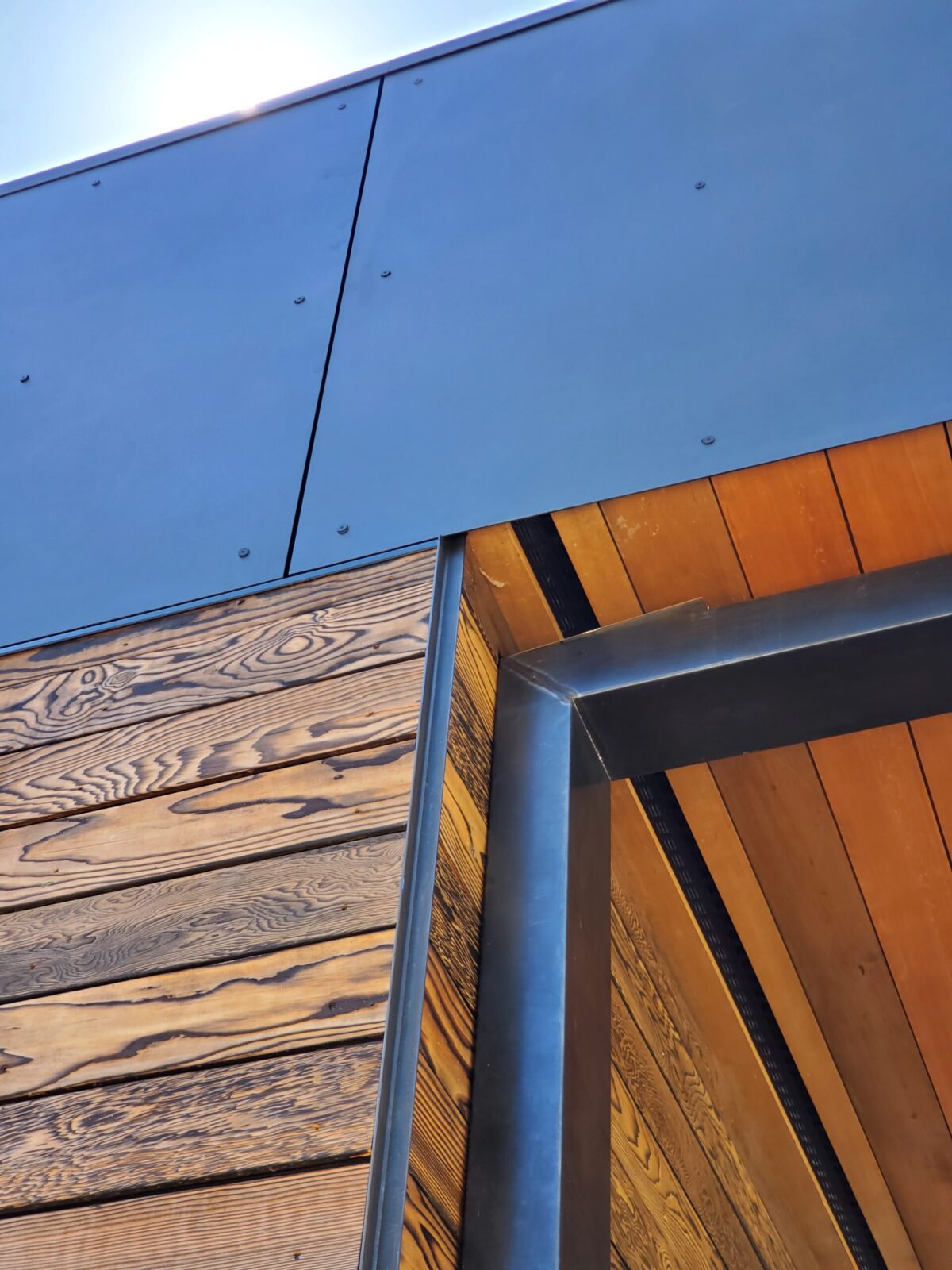
Metal Rain Screen System Brandner Design
A rainscreen system is the key component in any well-designed drainage system, especially when it comes to areas with heavy rain, the number-one cause of moisture problems above grade. Without proper ventilation and drainage, moisture can accumulate between the water-resistive barrier (WRB) and cladding. The basics of moisture management
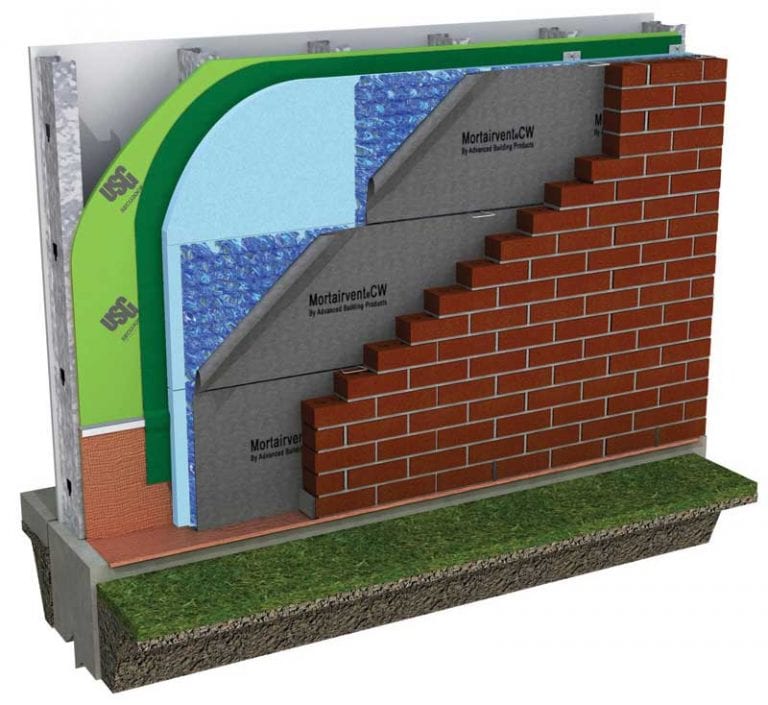
Mortairvent® Rainscreen System CW Advanced Building Products
Rainscreen cladding principle Air circulating scheme. A rainscreen is an exterior wall detail where the siding (wall cladding) stands off from the moisture-resistant surface of an air/water barrier applied to the sheathing to create a capillary break and to allow drainage and evaporation. The rainscreen is the cladding or siding itself but the term rainscreen implies a system of building.
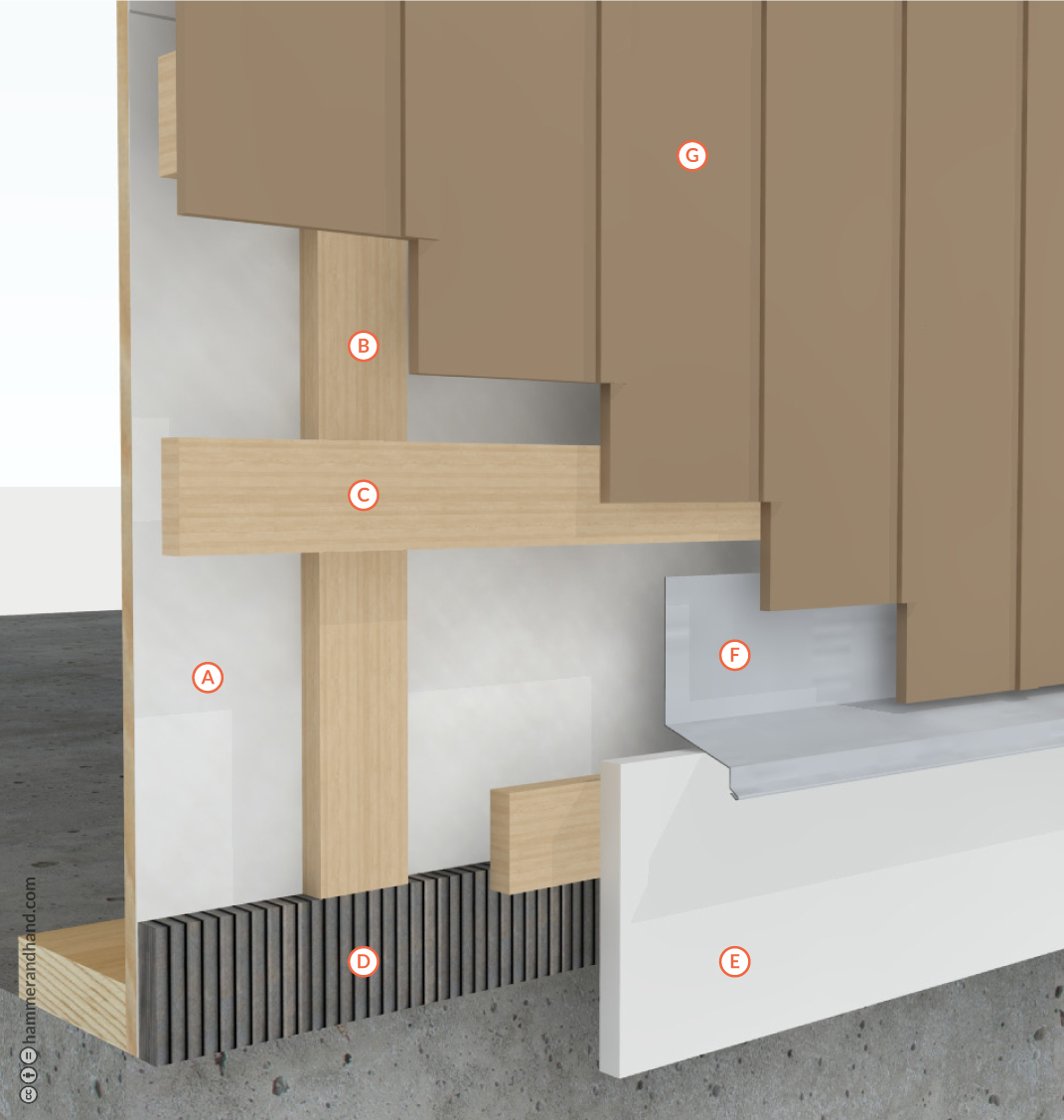
Horizontal Rain Screen Battens Best Practices Manual Hammer & Hand
A rainscreen system is an exterior wall detail where the cladding stands off from the water barrier to create a capillary break that allows drainage and evaporation. Without a rainscreen, water damage to your building from rain and snow is more likely. Rainscreen systems are energy efficient, versatile, cost-effective and improve the lifespan.

Rainscreen Systems IMETCO
A rainscreen is an assemblage of products whose combined purpose is to promote passive removal of water and water vapor from a building's exterior. A common misconception is that exterior insulation is an essential element in the overall buildup of a rainscreen assembly. The addition of insulation does have its benefits, but only three.

Basic rain screen design creates a cavity between the exterior cladding
1-800-879-3348 or Contact Us. Using a rainscreen system adds minimal cost and complexity to a building envelope, and significantly reduces the risk of moisture related wall failure. Rainscreens are like cheap insurance for architects, contractors and owners.
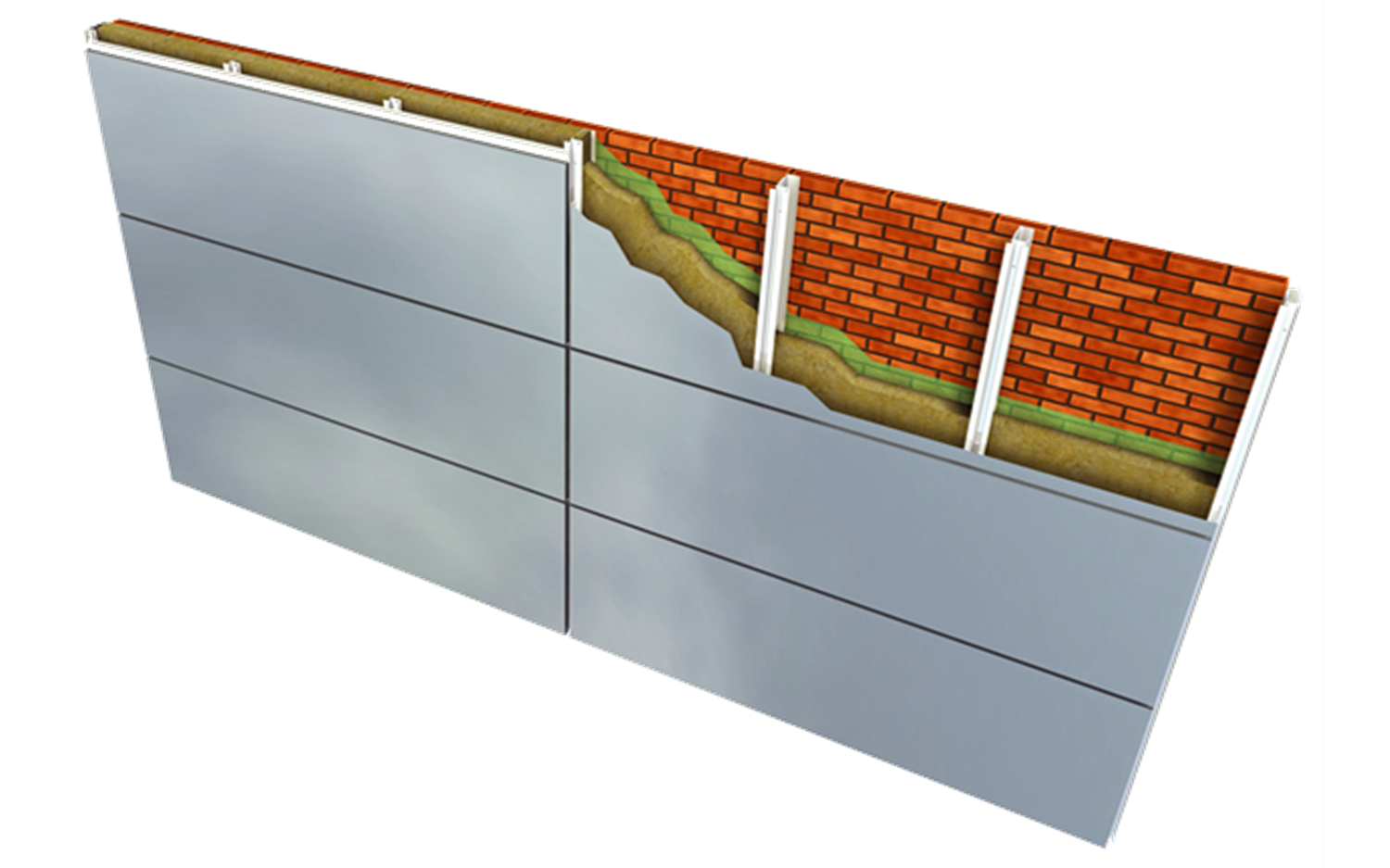
Rainscreen Systems By Booth Muirie A Euroclad® Company
Ventilation. A ventilated rainscreen should be used when budgets and designs allow, as well as when codes dictate for materials like veneered stone and stucco. A ventilated rainscreen incorporates an opening at the top of the wall as well as the typical opening at the bottom, creating a convective air flow that helps further dry the cavity.